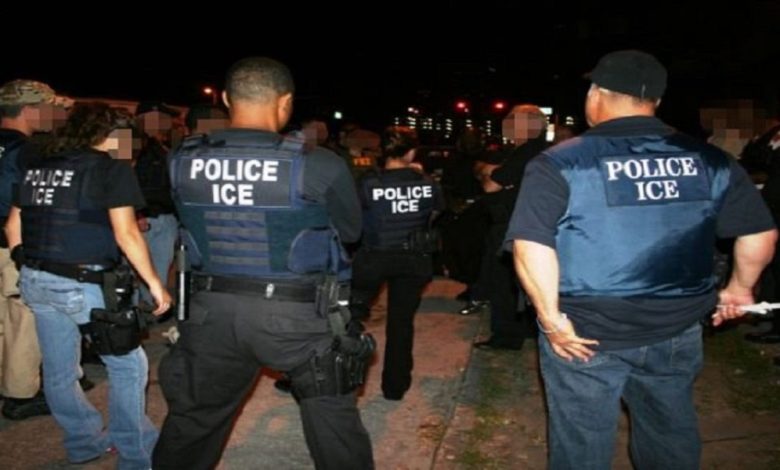Federal Judge in Chicago Imposes Sweeping Restrictions on ICE Arrests Over Legal Violations
Judge Jeffrey Cummings extends court oversight of ICE until 2026 after finding agents repeatedly violated federal law and a binding settlement by conducting warrantless arrests.

A federal judge in Chicago has issued a sweeping order placing new restrictions on U.S. Immigration and Customs Enforcement (ICE) operations across the Midwest, after finding that its agents violated federal law and a binding court settlement by carrying out arrests without judicial warrants.
Judge Jeffrey Cummings of the U.S. District Court for the Northern District of Illinois issued the ruling on October 7, granting judicial supervision over the agency until February 2, 2026, and warning that officers who disregard the order may face contempt charges or even criminal referrals.
According to the judge’s office, the Department of Homeland Security (DHS) must reissue its national policy regarding warrantless arrests, retrain all relevant personnel, and submit monthly reports detailing every arrest made without a warrant since June.
The case, Castanon Nfa v. Department of Homeland Security, stems from a 2022 settlement requiring ICE to follow strict procedures for civil immigration arrests in Illinois, Indiana, Wisconsin, Missouri, Kentucky, and Kansas. The agreement mandates that the agency document each warrantless arrest, noting the location, nature, and legal justification.
U.S. Immigration and Customs Enforcement (ICE)
Judge Cummings found that ICE officers “broadly violated” the settlement, arresting 22 of the 26 individuals covered by the case without judicial warrants. He noted that some officers carried blank administrative warrant forms that they filled out after the arrests—calling this “a deliberate method to evade the probable-cause requirement before making an arrest.”
Under the amended order, DHS must provide the court with lists of detainees, their file numbers, and arrest documentation. ICE is also required to specify the exact reasons for any immediate arrests justified by claims of a person’s potential “flight risk before an official warrant is issued.”
In a statement, DHS said it “complies with all judicial orders and is working with the court to address this matter.”
Immigrant rights organizations welcomed the ruling, calling it a rare instance of federal law enforcement being held accountable. Mark Fleming, litigation director at the National Immigrant Justice Center, said the ruling “confirms what we see every day — ICE agents conducting field arrests without sufficient legal basis.” He added that such violations have increased since early 2025 amid expanded raids at workplaces and homes.

Federal Accountability in Immigration Enforcement
Legal observers say the decision marks a significant shift in federal accountability, granting courts real power to oversee immigration enforcement practices. Insha Rahman, Vice President of the Vera Institute of Justice, stated that “the key message from Chicago’s ruling is that no one is above the law — not even those who wear the badge to enforce it.”
The decision does not strip ICE of its authority to conduct lawful arrests, but rather compels it to exercise that power “within the boundaries established by Congress,” according to the judgment.
The U.S. Department of Justice is expected to appeal the decision to the Seventh Circuit Court of Appeals. Judge Cummings plans to hold a follow-up hearing in November to review the agency’s compliance, amid expectations that the case could become a national test of how far federal courts can go in restraining immigration enforcement agencies in the United States.



